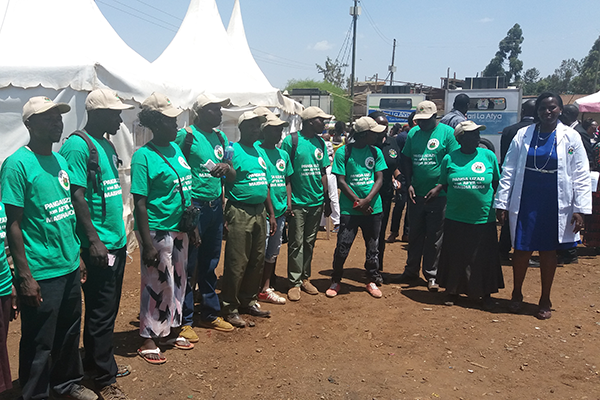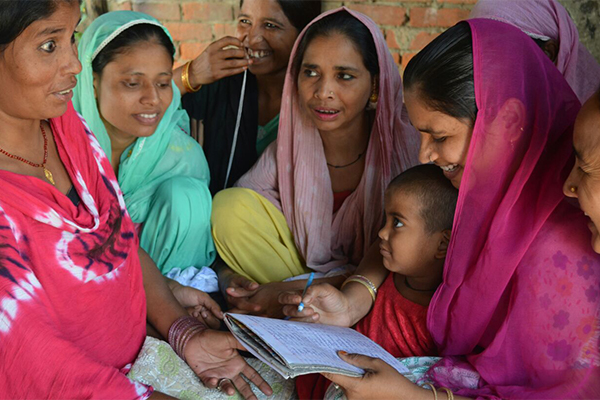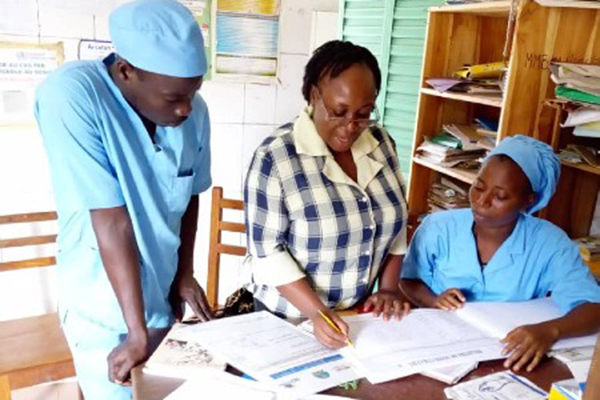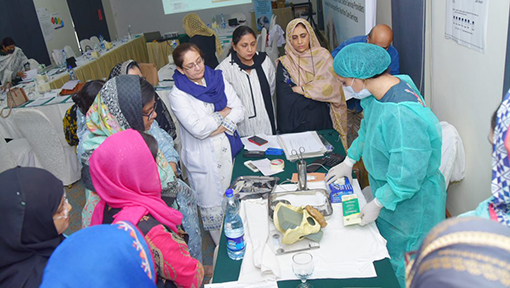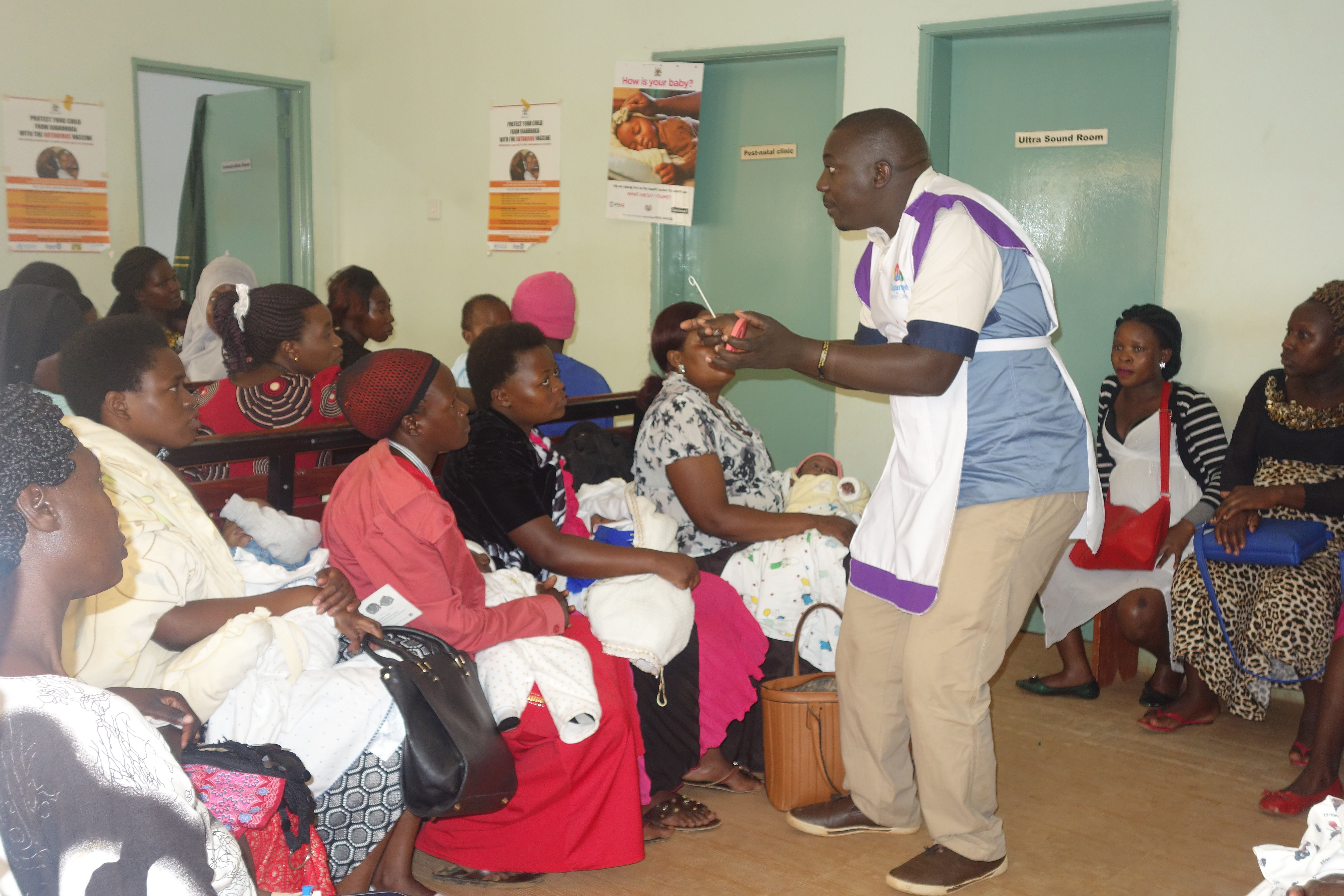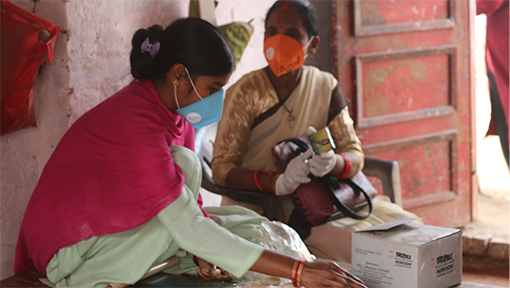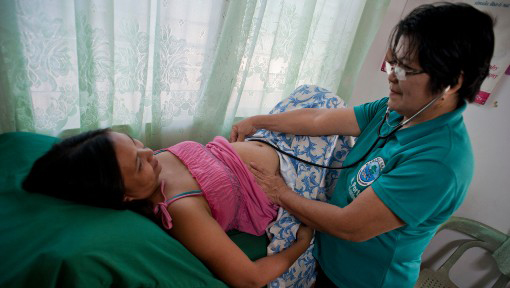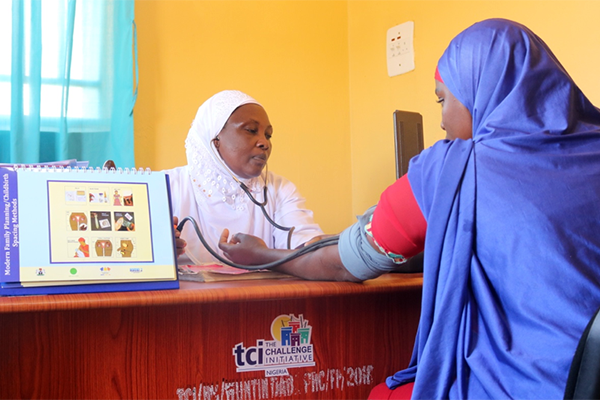TCI Global Toolkit: Service Delivery
- Home
- Help and Support
- Close
- Toolkits
- Global Toolkit
- AYSRH Toolkit
- Hub Toolkits
- Core High-Impact Practices
- Gender Essentials Mini Course
- Close
- Resource Collection
- Community of Practice
- Coaching
- Log In/Register
- My Profile
- English
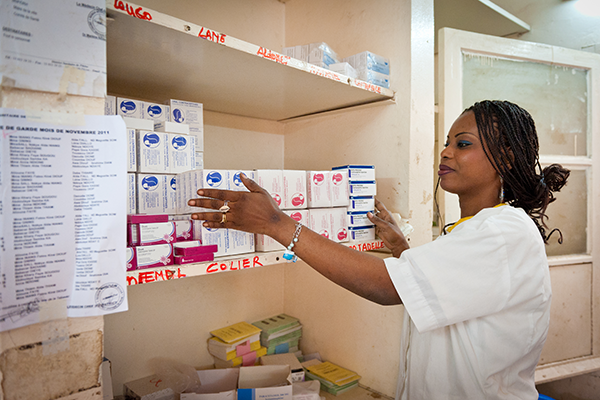 Access to family planning methods from knowledgeable, skilled providers is an essential component of any family planning program. This requires ensuring that adequate quantities of contraceptive methods are available at service delivery points; reducing barriers to accessing family planning services; as well as strengthening the capacity of family planning service providers. The goal is to ensure that people are able to choose, obtain and use affordable, high-quality contraceptives whenever and wherever they want them.
Access to family planning methods from knowledgeable, skilled providers is an essential component of any family planning program. This requires ensuring that adequate quantities of contraceptive methods are available at service delivery points; reducing barriers to accessing family planning services; as well as strengthening the capacity of family planning service providers. The goal is to ensure that people are able to choose, obtain and use affordable, high-quality contraceptives whenever and wherever they want them.
Commodity security is essential to prevent stock-outs and assure that adequate supplies are available when needed. This requires a proper understanding of the national supply chain, and a system – including trained personnel – for tracking, inventorying and monitoring supplies at all service delivery points, so that real-time adjustments can be made before stock-outs occur.
Reducing barriers to access family planning services may include outreach events or mobile clinics, or negotiating with vendors for lower contraceptive costs.
Quality service delivery requires knowledgeable, skilled and unbiased providers – whether they are based in a facility or the community. When services are facility-based, those facilities need to be adequately staffed, equipped and managed. Family planning services must be integrated with other health services, including routines for internal referrals and cross-training for all providers.
When working to strengthen the supply of family planning methods and services, public, private and NGO stakeholders all have an important role to play.
URHI demonstrated several successful approaches to strengthening the supply of family planning commodities, improving access to services and ensuring quality service delivery. Each country chose interventions that were best suited to their needs and would meet their program goals.

